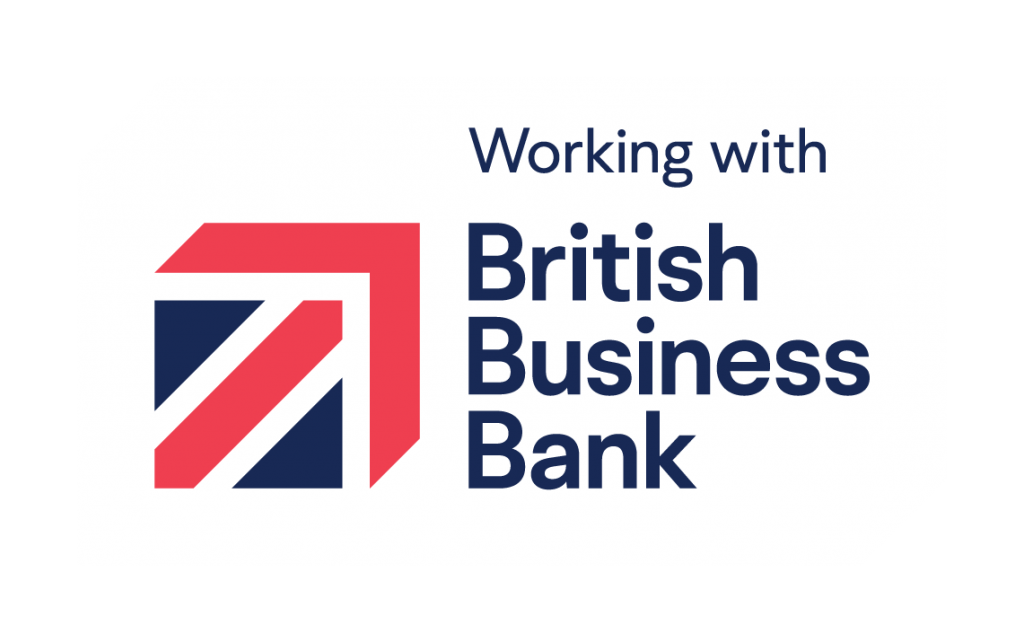About Growth Guarantee Scheme
The successor scheme to the Recovery Loan Scheme, The Growth Guarantee Scheme (GGS) launched in July 2024 and is designed to support access to finance for UK small businesses as they look to invest and grow.
Growth Guarantee Scheme-backed facilities are provided at the discretion of Enterprise Answers. We are required to undertake our standard credit and fraud checks for all applicants.
Growth Guarantee Scheme Features:
- Up to £2m business group:
The maximum amount of a facility provided under the scheme is generally £2m per business group for borrowers outside the scope of the Northern Ireland
Protocol, and up to £1m (or such other sum as notified from time to time by us to the lender in accordance with the relevant legal agreement(s)) per business group for Northern Ireland Protocol borrowers. Minimum facility sizes vary, starting at £1,000 for asset based lending and invoice finance, and £25,001 for term loans and overdrafts;
- Wide range of products:
Growth Guarantee Scheme supports term loans, overdrafts, asset based lending and invoice finance facilities. Not all lenders will be able to offer all products;
Enterprise Answers will only be offering term loans under the Growth Guarantee Scheme.
- Term length:
Term loans and asset finance facilities are available from three months up to six years, with overdrafts and invoice finance available from three months up to three years;
- Access to multiple schemes:
Businesses that took out a Coronavirus Business Interruption Loan Scheme (CBILS), Coronavirus Large Business Interruption Loan Scheme (CLBILS), Bounce Back Loan Scheme (BBLS) or a Recovery Loan Scheme (RLS) facility before 30 June 2024 are not prevented from accessing Growth Guarantee Scheme, but borrowing under these schemes may reduce the maximum amount the borrower is eligible for;
- Pricing:
Interest rates and fees charged by Enterprise Answers will vary and will depend on the specific lending proposal. Enterprise Answers pricing will take into account the benefit of the Government guarantee;
- Personal Guarantees:
Personal guarantees can be taken at the discretion of Enterprise Answers, in line with their normal commercial lending practices. Principal Private Residences cannot be taken as security within the Scheme;
- Guarantee is to Enterprise Answers:
The scheme provides the lender with a 70% government-backed guarantee against the outstanding balance of the facility after it has completed its normal recovery process. The borrower always remains 100% liable for the debt;
- Decision-making delegated to Enterprise Answers:
Growth Guarantee Scheme-backed facilities are provided at the discretion of Enterprise Answers who are required to undertake their standard credit and fraud checks for all applicants.
- The assistance provided through Growth Guarantee Scheme, like many Government-backed business support activities, is regarded as a subsidy and is deemed to benefit the borrower. There is a limit to the amount of subsidy that may be received by a borrower, and its wider group, over any rolling three-year period.
Any previous subsidy may reduce the amount a business can borrow. More information on subsidies is available here.
Eligibility Restrictions:
- Turnover limit:
The scheme is open to smaller businesses with a turnover of up to £45m (on a group basis, where part of a group);
- UK-based:
The borrower must be carrying out trading activity in the UK and, for most businesses, generating more than 50% of its income from trading activity;
- Viability test:
Enterprise Answers must consider that the borrower has a viable business proposition;
- Business in difficulty:
The borrower must not be a business in difficulty, including not being in relevant insolvency proceedings;
Subsidy limits:
Borrowers will need to provide written confirmation that receipt of the Growth Guarantee Scheme facility will not mean that the business exceeds the maximum amount of subsidy they are allowed to receive. All borrowers in receipt of a subsidy from a publicly funded programme should be provided with a written statement, confirming the level and type of aid received.
Please note, the following are not eligible under Growth Guarantee Scheme:
- Banks, Building Societies, Insurers and Reinsurers (excluding Insurance Brokers)
- Public sector bodies
- State-funded primary and secondary schools.
You will need to provide certain documents when you apply for an Growth Guarantee-backed facility. These are likely to include:
- Management accounts
- Business plan
- Bank statements
- Historic accounts
- Cash flow forecast
- Asset & liability schedule
- Details of previous subsidy awards.
Decision-making on whether a business is eligible for the Growth Guarantee Scheme is fully delegated to Enterprise Answers by the British Business Bank. A borrower has no automatic entitlement to receive a Growth Guarantee Scheme facility even if they believe they satisfy the eligibility criteria – the decision is for Enterprise Answers to make.
Business Guidance
The British Business Bank’s Business Guidance pages have a range of guidance and resources for businesses, including information on how to manage your cashflow and where to find independent advice.
Legal notice
The Growth Guarantee Scheme is managed by the British Business Bank on behalf of, and with the financial backing of, the Secretary of State for Business & Trade. British Business Bank plc is a development bank wholly owned by HM Government. It is not authorised or regulated by the PRA or the FCA.
Visit www.british-business-bank.co.uk/finance-options/ debt-finance/growth-guarantee-scheme

